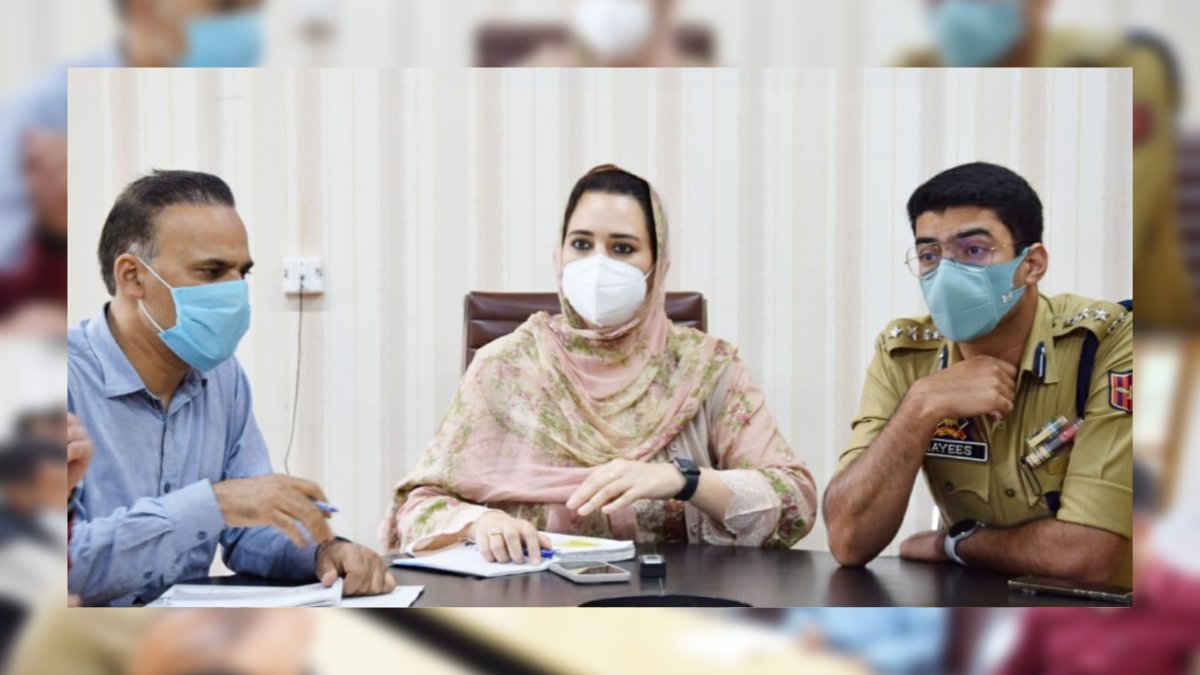Srinagar is quickly transforming into the Kota of North India, with thousands of Kashmiri students flocking to the city each year to prepare for competitive exams like NEET, JEE, and civil services. But behind the success stories and shiny billboards, a darker truth is emerging — a growing mental health crisis silently consuming the region’s youth.
Dr. Mohd Abrar Guroo, a noted psychiatrist based in Srinagar, paints a grim picture. “They don’t come talking about studies. They talk about chest pain, insomnia, panic attacks, and extreme anxiety,” he told Kashmir News Observer (KNO).
Most of these students are teenagers living alone in cramped PGs and hostels, cut off from family support. “Their rooms smell more of loneliness than freedom,” Dr. Guroo said.
Dr. Guroo recalled a 17-year-old boy from Shopian who was convinced he was having a heart attack — but it turned out to be crippling anxiety triggered by isolation. Another girl from Baramulla, overwhelmed by her 12-hour coaching schedule, confessed, “I don’t manage anything. The institute manages me.”
Dental Surgeons Meet CM Omar, Seek Resolution to 16-Year Unemployment Crisis
This toxic coaching culture mirrors what is already infamous in Kota — where high academic pressure has long been linked to student suicides and burnout.
Dr. Guroo terms many of these aspirants as “invisible dropouts” — students who may not fail academically, but mentally disengage long before exams arrive. “They suppress their emotions and equate vulnerability with weakness. They’re suffering in silence.”
With no emotional outlet, many resort to maladaptive coping mechanisms — from smoking and substance use to online addiction and emotional shutdowns. But, as Dr. Guroo stresses, “They’re not delinquents. They’re just exhausted children without support systems.”
Mental health experts are urging immediate reforms across the coaching ecosystem:
• Coaching centres must cut back on exploitative schedules and employ trained counsellors.
• Hostels and PGs should foster peer interaction and community bonding.
• Parents need to prioritise emotional health over academic performance.
• Government authorities must regulate coaching institutes, ensure transparency, and enforce mental health support mechanisms.
Dr. Guroo reminds us, “A student’s worth is not defined by a rank or result. Struggling or feeling low isn’t a failure—it’s part of the journey.”
While society continues to celebrate coaching toppers, it must also begin to see — and support — those silently falling apart under the burden of unrealistic expectations.
“The real cost of this obsession with ranks and results,” Dr. Guroo warns, “might be our children’s emotional well-being.” (KNO)
















